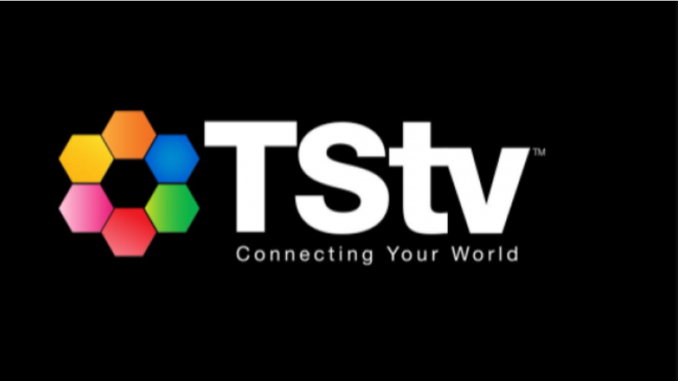
Over the last three weeks, not many users of new and traditional media could have missed items on the country’s pay-television sector. The bulk of this, for reasons you probably already know, has revolved around TsTv, the new pay-television operator which launched on 1 October.
On the contrary, TsTv, whose name has invited allegations of passing off a rival’s name, has been bang in our faces.
The launch was grand. Government was fully represented since TsTv had positioned itself as a wholly Nigerian company. Government support was manifested in the announcement of a three-year tax break for the company. Huge afterglow followed. Everywhere you turned, the question was: “Where can I buy a TsTv decoder?” Not a single prospective subscriber was able to buy.
Two major national newspapers and many news websites published reports alleging that TsTv had attempted to carry out intellectual property theft.
The reports were based on letters written by two content owners. First was Turner Broadcasting System Europe Limited, which owns redistribution rights to American new channel, CNN. The second was from beIN, the Qatar-based sports and entertainment content provider, which broadcasts matches of European football leagues in the Middle East and North Africa.
Writing to the National Broadcasting Commission and Nigerian Copyright Commission, the content owners said they have no agreement with TsTv for the redistribution of their content.
The Nigerian company’s response was to claim feebly on the social media that the letters were fake. It provided no proof of the agreements it claimed to have entered into. It then went to quickly pull down the channel list on its site.
Four days after, Fox, the famous American content broadcasters, wrote to TsTv, saying a similar thing and warning that it finds it objectionable that the Nigerian company was planning to carry its channels without an agreement.
TsTv’s responded by announcing a halt to the sale of its decoders and a deferment of its roll out date to 1 November.
What followed was a fusillade of allegations against DStv, the country’s leading pay-TV company, made by TsTv supporters on the social media. While I have issues with DStv, notably its customer service, I consider the allegations products of phenomenal illiteracy or desperation. Three stand out. The first was that DStv had gone to bribe the content owners not to allow TsTv to broadcast their content. Do hawkers of this falsehood know that failure to deliver what was agreed on in contracts such as this is an invitation to litigation?
Do they understand that content owners are in the game to sell, not to look nice before DStv or other players? Obviously not. The second is that DStv has jammed TsTv signal (whatever that means). The new company itself announced a deferment of its roll out, which implies that no signal, even for test broadcast, is currently available. How do you jam a signal that is not available?
The third carries the whiff of mild xenophobia. It is an age-old one and goes like “South Africans have been exploiting us for too long”. DStv’s parent company, MultiChoice, is an international company with a Nigerian arm and employs Nigerians. We keep talking about foreign direct investment. Yet, when we get such, we are seized by rabid nationalism, as is the case now and as it was when some misguided Nigerians felt it was a terrific idea to attack the offices of MultiChoice and MTN in retaliation to the last major xenophobic attacks in South Africa.
Value, not nationality, determines the success of a product or service. The earlier we understand that, the better.
Ibeabuchi, a public affairs commentator, is based in Owerri.
END

Be the first to comment